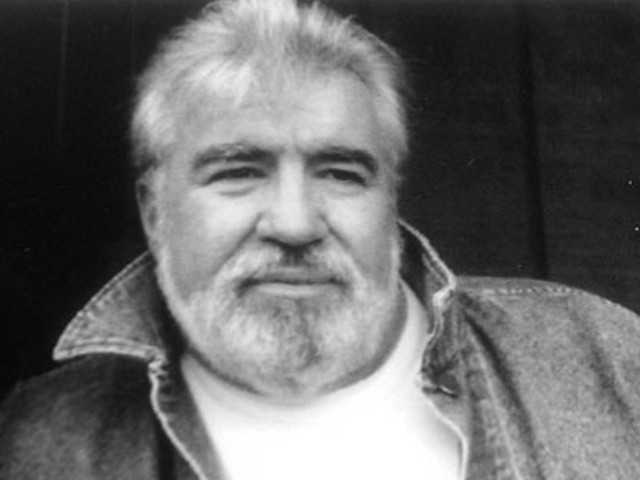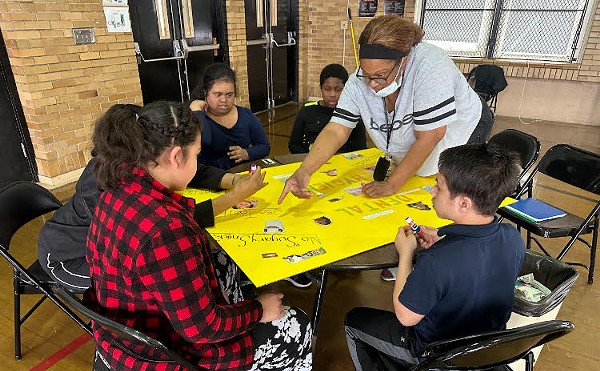Silent Groping
Regarding Steve Shaw’s Sept. 4 column: Your “Fear and groping in Frankfort” piece was super hilarious, especially the comment on the women you surveyed and their response to a strategy to combat the culture of sexual harassment. It begs to differ, if this is supposed to be a non-laughing matter, why is it still everywhere and why has it not been properly dealt with? With recent congressional hearings on military sexual assault and trauma coming into mainstream media right now, I believe this is where it starts: within the confines of offices of our local lawmakers!
C’mon, if the Legislative Research Commission has been doing up-to-date internal investigations, then this would not make it to the media. Can we only indict John Arnold, 69, a longtime Democrat representative of Union County, because he betrayed boundaries, or because the “good” stay silent? We are guilty if we do, say or act like it is nothing, too. But yes, still a funny line.
Althea Tangco, Los Angeles to Louisville
An Inconvenient Ironman
I agree with G. Miller’s sentiment about Ironman in the Sept. 4 LEO. Who divides the county with road closings amidst three years of construction that dismantles parts of two interconnecting interstates along the route? This from a city working hard to ensure more cars can traverse downtown. And forget about advance notice. I also live on Third Street, a few blocks from where the event finished at Fourth Street Live. Parking and traffic were ridiculous all day. I lucked out and moved my vehicle before, but I cringed looking out my window as I saw several vehicles trapped on the roof: The garage was blocked until well after midnight. No matter, I was up late anyway. Thank you, Ironman, for bull-horns at 1 a.m. On a work night. No one even bothered to direct traffic. Officers just sat in the comfort of their cars while drivers cut each other off.
I don’t particularly want Ironman here, but if the city insists on hosting this event, they and the organizers need to consider that people live here. If nothing else, some bourbon to cope would be a pleasant offer. But as much as I like bourbon, I just wish they would demonstrate consideration, forethought and better planning.
Aaron J. Angel, Downtown
Neither Saint Nor Sinner
In the July 31 LEO, Inbox writer Rich Givan said, “... the spirit of the Constitution was written by white supremacist slavers.” Some progressives argue that the U.S. Constitution is a manifestation of white power, and that the founders were rich, white racists seeking to entrench their power, but it is an unfair smear. While some founders were well off before the Revolution, few were well off after, as most suffered great losses. Not all founders were hereditary owners of wealth. John Adams grew up and worked on a small family farm. He continued working on his farm after he became an established lawyer and even after his political career ended. Benjamin Franklin moved from Boston to Philadelphia with almost nothing and built a thriving printing business. Neither man was pro-slavery.
The Constitution makes two references to slavery. They are in Article 1, sections 2 and 9. Read them for yourself. They represent a political compromise between anti-slavery delegates to the Constitutional Convention who believed they needed the slave states in the Union for the country’s survival and delegates from slave states defending their narrow interests. Slave states wanted to count slaves toward population for determining the apportionment of representatives; anti-slave delegates were opposed. The compromise was the “three-fifths” wording. Anti-slave delegates wanted to end the slave trade. The compromise was to prohibit Congress from banning importation until 1808. The slave trade was banned Jan. 1, 1808.
The founders were complex people, neither saints nor demons, who put their “lives, fortunes and sacred honor” on the line for future generations, not just themselves.
Rich Mills, Shawnee





